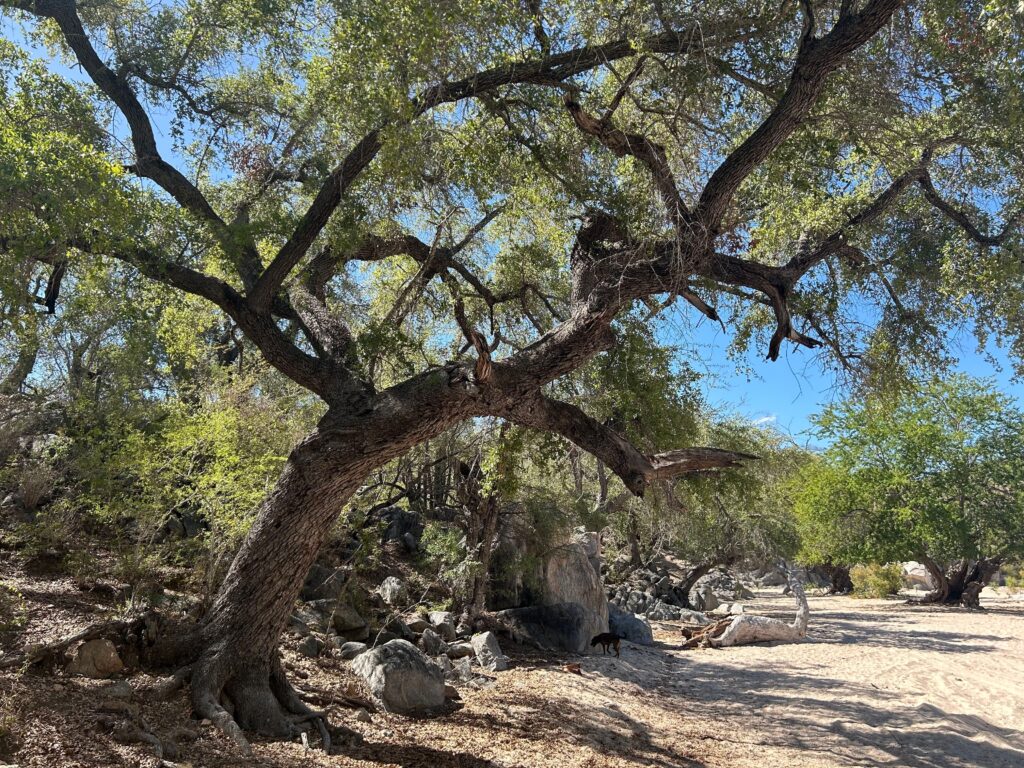Chicago’s Leading Nature and Wildlife Institutions Pledge to Save Endangered Species for Reverse the Red Day
Chicago’s leading nature and wildlife institutions—Brookfield Zoo Chicago, Chicago Botanic Garden, Peggy Notebaert Nature Museum of the Chicago Academy of Sciences (Nature Museum), Shedd Aquarium, and The Morton Arboretum—are pledging to safeguard more than 40 endangered species worldwide as a part of Reverse the Red Day on Feb. 7. The coalition’s species pledges and conservation work demonstrate how urban centers like cities and suburbs can be key drivers of species protection, both locally and globally.
Reverse the Red is a coalition supporting partners working to halt extinctions, reverse declines shown on the International Union for Conservation of Nature (IUCN) Red List and recover species.
For Reverse the Red Day, held annually around the world to celebrate conservation success, the Chicago organizations are making 42 total Reverse the Red Species Pledges, declaring their continued commitment to work hand-in-hand with international partners to protect endangered species. Those species include: the alula plant in Hawaii, the arroyo oak tree in Mexico, Baltimore checkerspot butterflies in Illinois, Blanding’s turtles in the Great Lakes region, Mexican wolves in New Mexico, Guam kingfisher birds in the Pacific, white-bellied pangolins in Africa, Smooth greensnakes in the Midwestern prairies, South American fur seals and sea lions in Peru, and wood frogs in northern Illinois, among others.
Thanks to the steadfast work of Chicago’s leading nature and wildlife organizations, further supported by the 2023 Morton Arboretum and Shedd Aquarium designation as the first Centers for Species Survival for trees and freshwater ecosystems, the city is emerging as a key contributor in the international race to protect biodiversity.
“The work and commitment to species recovery from Chicago-based organizations are vital to recovering species,” said Reverse the Red Director of Strategy Michael Clifford. “The thousands of species pledges we’ve received from all over the world so far are demonstrating that actions are happening, and this incredible Reverse the Red network, with specific strategies, skills, expertise and experience is committed to achieving our biodiversity goals—in Chicago and beyond.”
Clifford added, “We know conservation action works but we need to increase the pace and scale substantially. Thanks to work like that of these Chicago-based organizations, the tides are changing. We can have a future where species everywhere are thriving. Together, we can reverse the red.”
To learn more about the Reverse the Red Day initiative, visit reversethered.org.




